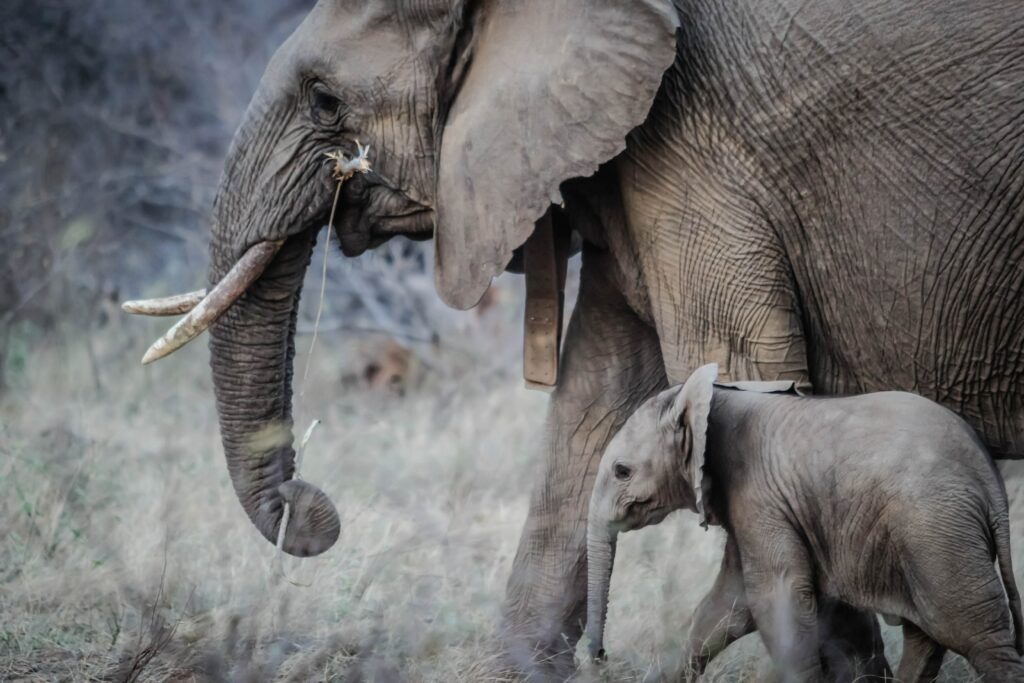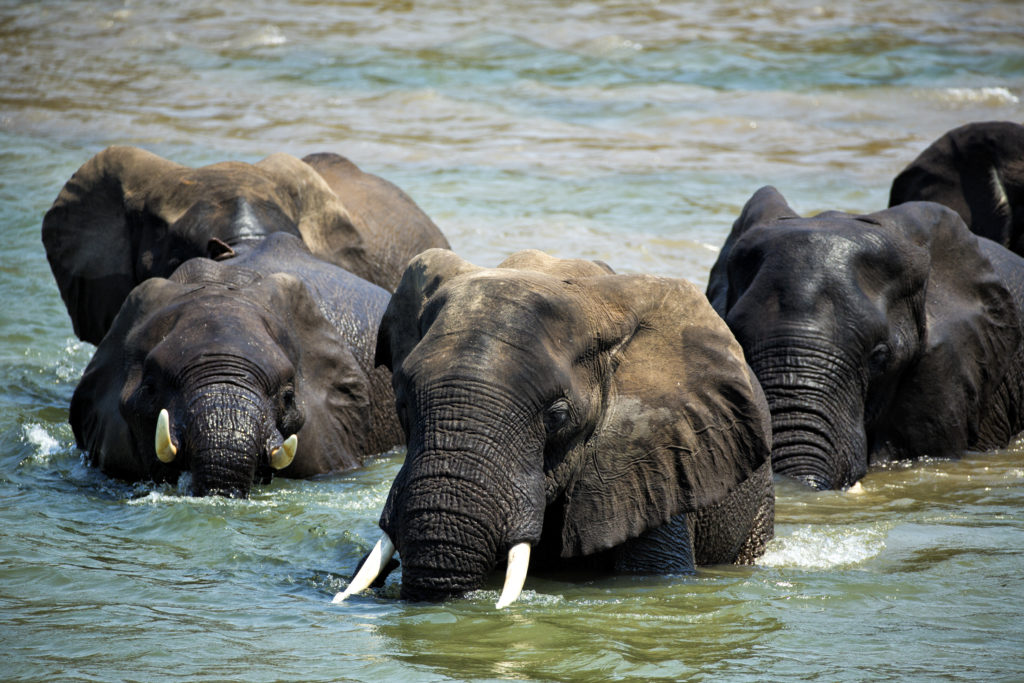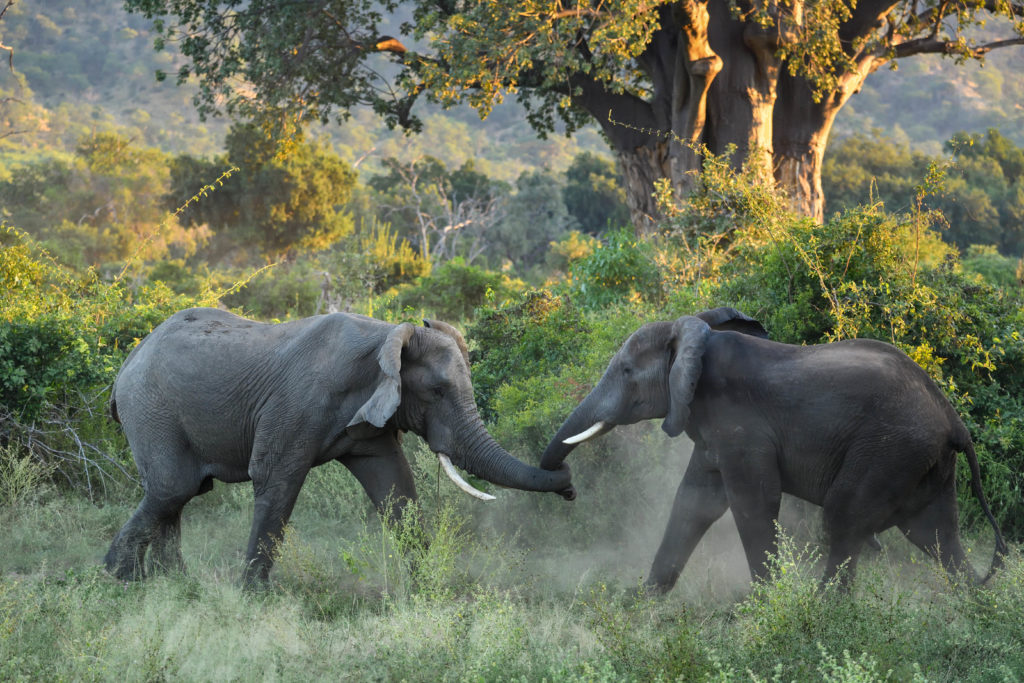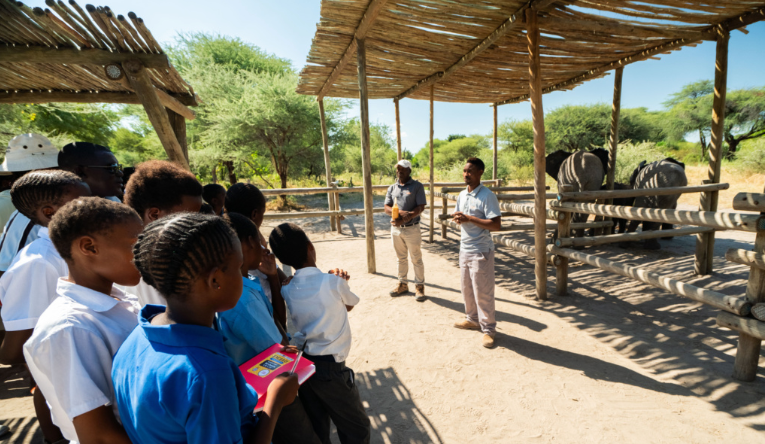Empowering the Community through Elephant Conservation
Elephant Havens Wildlife Foundation, located in Botswana, Africa, is the only Elephant orphanage in the country that offers high-quality tailored care to abandoned and orphaned elephants. They are testament to the power of collaboration between non-profit organisations, local communities, and governments in wildlife conservation.
Their mission is to protect and preserve African elephants while building healthy communities. Together with local communities, they have made significant strides not only in safeguarding these majestic creatures but also in fostering strong community involvement while maintaining harmonious relations with the Botswana government.
At its core, Elephant Havens is committed to providing a nurturing habitat for elephants rescued from adverse situations, such as human-wildlife conflict, adverse climate conditions, fire, predation or habitat loss. Their dedication extends to the physical, emotional, and social well-being of these intelligent and sensitive animals, underscoring their mission to ensure holistic care and recovery.












